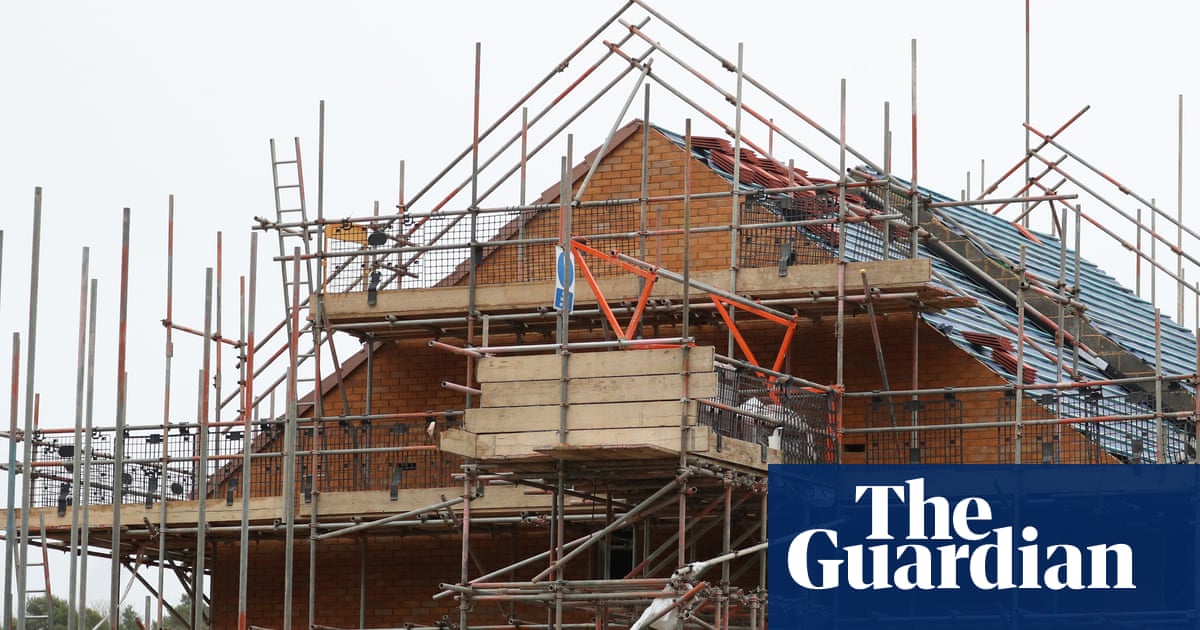Wood-burning stoves will be allowed to heat new-build homes inEnglanddespite growing evidence showing their significant contribution to air pollution and carbon emissions.
The government is writing its future homes standard, a set of rules for developers, aimed at decarbonising England’s housing stock. Heating the UK’s 28m homesaccounts for about 18% of greenhouse gas emissions.
However, there are fears that after intense lobbying, these standards will be weakened. The Guardian recently reported that the Labour party is considering makingsolar panels optionalon new homes in England after pressure from housebuilders.
The Stove Industry Association (SIA) has released a letter it received from the government confirming the appliances will be allowed in new homes.
It reads: “A full technical consultation on the future homes standard was launched in December 2023 and closed in March 2024. Under the standards proposed in the consultation, a wood-burning stove would be permitted as a secondary heating source in new homes.”
The Climate Change Committeehas recommended the phasing out of wood-burning stovesin homes because of the carbon they emit. They also producedangerous PM2.5particles that, according to a growing body of research, are responsible for a range of health problems including heart and lung disease, as well as diabetes, cancer, brain function and premature births.
Last year, astudy by Prof Chris Whitty, the chief medical officer for England, found that even “eco-design” wood-burning stoves produced 450 times more toxic air pollution than gas central heating.
Jemima Hartshorn, the co-founder of the Mums for Lungs campaign group, said: “This is a very disappointing and surprising decision by government. We know that wood burning is one of the major sources of toxic air pollution that is killing tens of thousands of people every year and is linked to a range of serious and life-changing diseases.
“Due to the high amount of greenhouse gases emitted when burning wood and solid fuels, the Climate Change Committee strongly advises that it needs to be phased out as it is not carbon neutral and has no place in how homes should be heated in the 21st century.”
Sign up toDown to Earth
The planet's most important stories. Get all the week's environment news - the good, the bad and the essential
after newsletter promotion
Andy Hill, the chair of the SIA, said: “We are delighted that it has been officially confirmed that under the proposed future homes standard, the installation of a wood-burning stove will be permitted.
“The SIA welcomes the government’s positive response and looks forward to continued engagement as policies are developed and implemented.”
